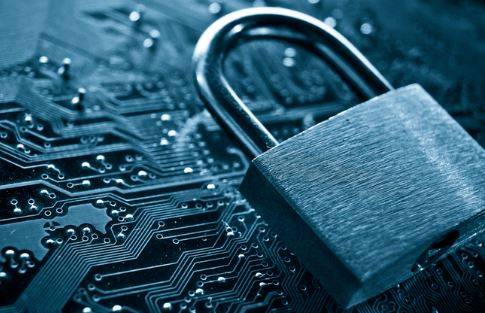In today's digital age, protecting your data online has become more crucial than ever. With the increasing frequency of identity theft, cybersecurity threats, and data breaches, it is essential for individuals to take proactive measures to safeguard their personal information. Protecting your data online is of utmost importance in today's digital age.
By implementing these five strategies—using strong passwords, enabling two-factor authentication, keeping software and operating systems updated, being cautious of phishing scams, and using a VPN—you can significantly enhance your online security and safeguard your personal information.
Remember, taking proactive measures to protect your data is the key to maintaining your privacy and peace of mind in the digital world. This blog post will outline five effective strategies you can
implement to protect your data online and maintain your privacy.
1. Strong and Unique Passwords:
One of the simplest yet most effective ways to protect your data online is by using strong and unique passwords. Avoid using common passwords like "123456", "phone numbers," or your date of birth. Opt for a combination of uppercase and lowercase letters, numbers, and special characters such as the following symbols: @#$&. Additionally, it is essential to use different passwords for each online account to minimize the risk of multiple accounts being compromised in the event of a data breach.
2. Keep Software and Operating Systems updated.
Regularly updating your software and operating systems is essential to protecting your data online. These updates often include security patches that address known vulnerabilities and protect against emerging threats. By keeping your software up to date, you can ensure that you have the latest security measures in place, making it harder for hackers to exploit any weaknesses in your system.
3. Be Cautious of Phishing Scams:
Phishing is when someone sends you a link to click on to set your password for Facebook, Twitter, or any other website for which you own the password. This type of scam is a common method used by cybercriminals to trick individuals into revealing sensitive information, such as login credentials or financial details. To protect your data, it is crucial to be vigilant and skeptical of any unsolicited emails, messages, or phone calls asking for personal information. Be wary of links or attachments in emails from unknown senders, and always verify the legitimacy of a request before providing any confidential data.
4. Enable Two-Factor Authentication:
Two-factor authentication (2FA) adds an extra layer of security to your online accounts by requiring not only a password but also a secondary verification method, such as a fingerprint scan or a code sent to your mobile device. By enabling 2FA, even if an attacker manages to obtain your password, they would still need the additional verification method to access your account, significantly reducing the chances of unauthorized access.
5. Use a Virtual Private Network (VPN):
A VPN provides an encrypted connection between your device and the internet, ensuring that your data remains secure and private. By using a VPN, you can protect your online activities from prying eyes, especially when using public Wi-Fi networks. A VPN creates a secure tunnel, making it difficult for hackers to intercept your data and maintaining your online privacy.



No comments yet
Be the first to share your thoughts!